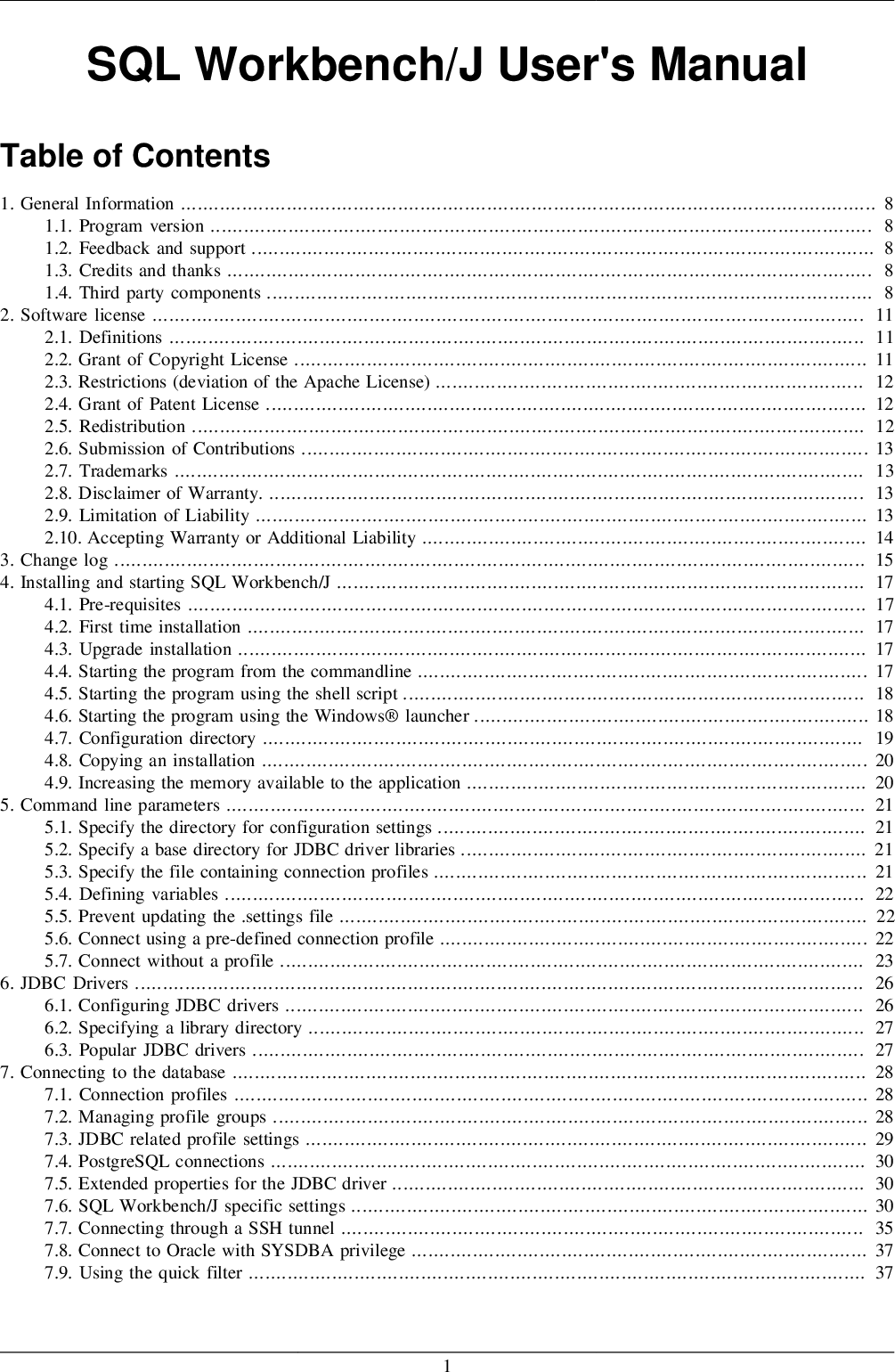

- #Npm install latest version of all packages update#
- #Npm install latest version of all packages Patch#
#Npm install latest version of all packages update#
Update all packages in a project: npm update.
Install a module globally on the system: npm installIf the packages haven’t been installed and a package-lock.json file exists, then npm install will install the exact dependency versions specified in package-lock.json. If the packages have already been installed into the node_modules folder, then npm install won’t update any packages. npm is the default package manager for the JavaScript runtime. So, npm install installs the latest safe version of the dependencies? npm is a package manager for the JavaScript programming language maintained by npm, Inc. So in this example, ^16.8.12 can be safely installed if this was the newest version in 16.8.x. This will then upgrade the packages in the nodemodules folder, and the package-lock.json file will be updated as well. For example, to install a specific version of Renovate, you can run the following command: npm install renovate20.5.1.

#Npm install latest version of all packages Patch#
This means that only the latest patch version can be safely installed. Here’s the command to run for npm install specific version: npm install package-name version-number The above command will install the particular package version you want, alongside any packages that it depends on.

Sometimes a version has a ~ in front of it (e.g. So in this example, ^16.12.1 can be safely installed if this was the newest version in 16.x. This means that the latest minor version can be safely installed. This is incremented when breaking changes are madeĪ version often has a ^ in front of it (e.g. This is incremented when features are added that won’t break consuming code This is incremented when a bug fix is made that won’t break consuming code Npm package versioning follows semantic versioning. How can we safely upgrade the npm dependencies in our project? What do the funny ^ and ~ characters mean in front of the dependency package versions? How can we do a major version upgrade on an npm dependency in our project? We’ll find out in this post.


 0 kommentar(er)
0 kommentar(er)
